Page 1

Loading page image...
Page 2

Loading page image...
Page 3
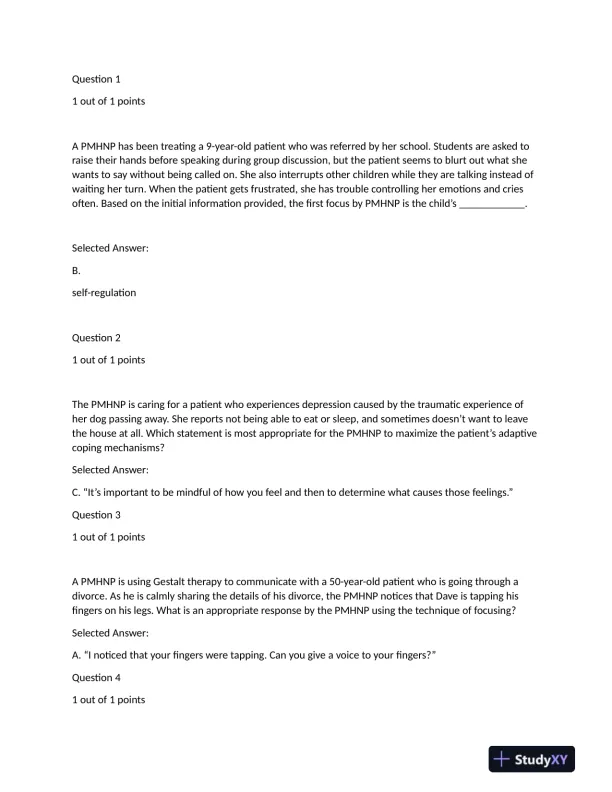
Loading page image...
Page 4
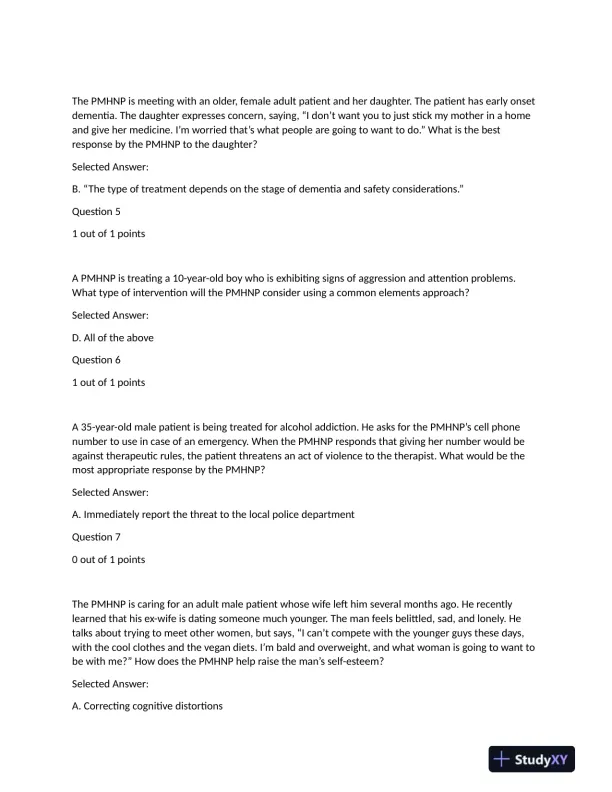
Loading page image...
Page 5
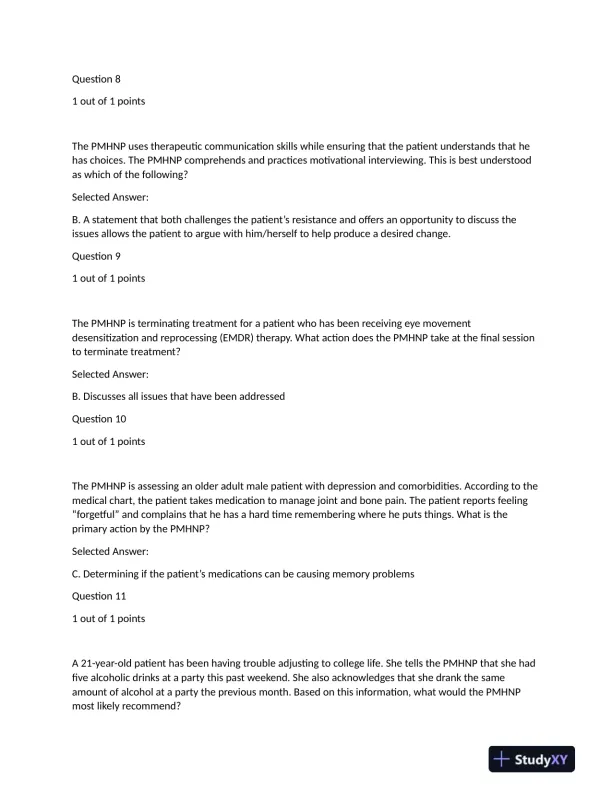
Loading page image...
Page 6
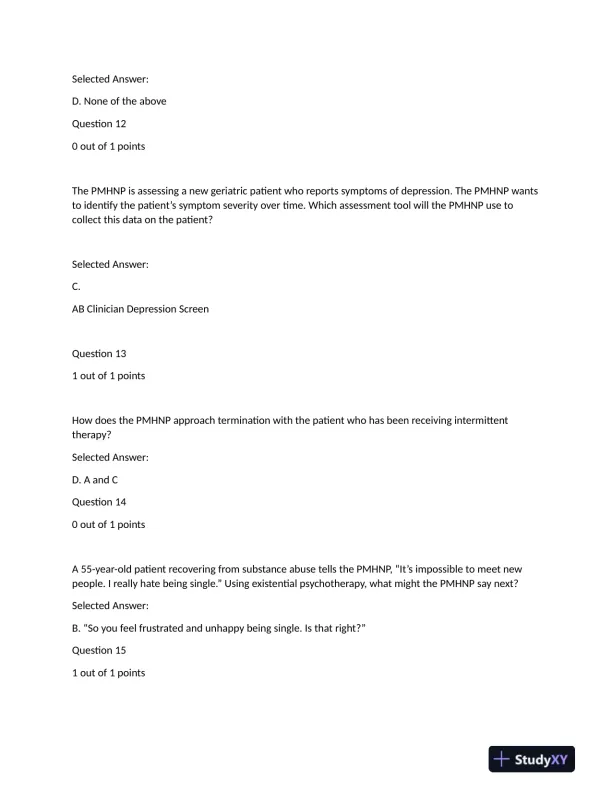
Loading page image...
Page 7
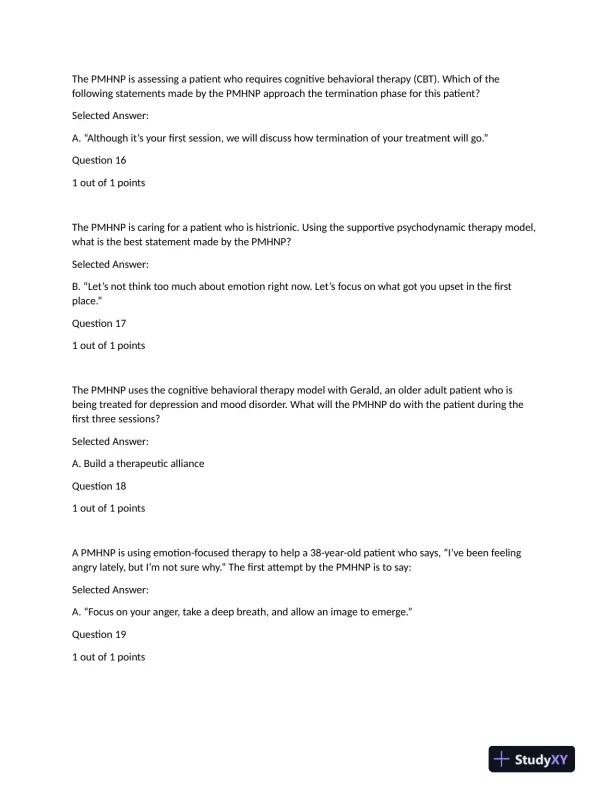
Loading page image...
NRNP6640 Psychotherapy Final Exam With Answers sharpens your test-taking skills with real exam content.
Loading page image...
Loading page image...
Loading page image...
Loading page image...
Loading page image...
Loading page image...
Loading page image...
This document has 22 pages. Sign in to access the full document!